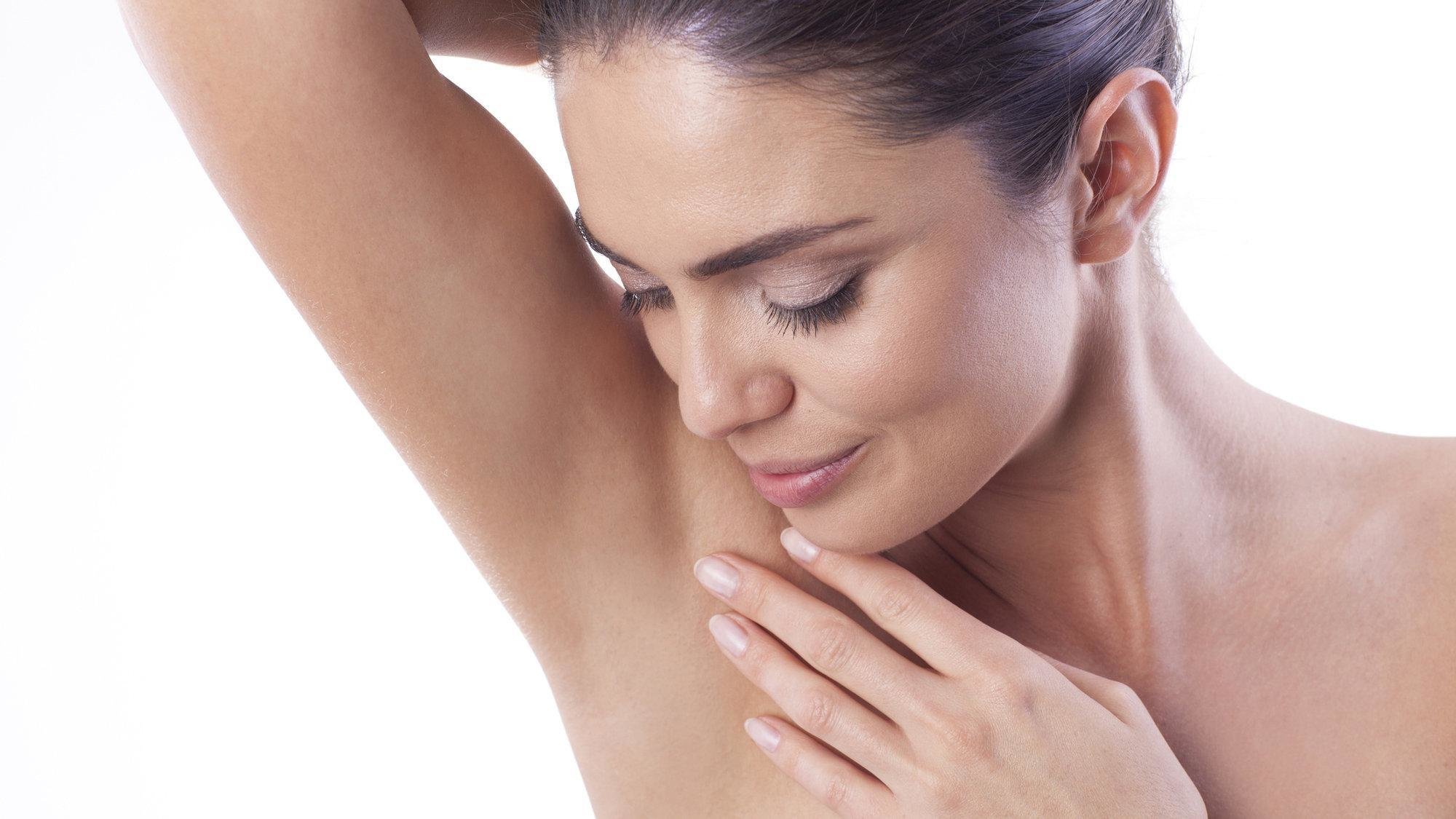
Traditional deodorants and antiperspirants for your underarms have been getting a bad reputation for years. Rumors that they can cause breast cancer and Alzheimer's have sent people into panic mode. First, it is important to distinguish the difference between deodorant and antiperspirants. They can often be found in one product but each serves its own purpose. Deodorant fights the bacteria that causes body odor and antiperspirants plug up your sweat glands to keep your underarms dry. The latter is usually achieved with an aluminum-based compound, which is the key ingredient at the center of the deodorant/antiperspirant controversy.
More from MamásLatinas: 40 Surprising uses for common essential oils
According to Breastcancer.org, 85% of women diagnosed with breast cancer in the U.S. "have no family history of breast cancer." While breast cancer-related deaths are on the decline, Alzheimer's-related deaths are increasing at an alarming rate. According to the Alzheimer's Association, deaths from this disease have increased by 123% in the U.S. between 2000 and 2015! Like breast cancer, you don't need to inherit specific genes to develop Alzheimer's in your lifetime. Startling statistics coupled with the randomness of these illnesses have made people scramble for a scapegoat like antiperspirants, while science figures out the root causes.
But rumors about links to life-threatening diseases isn't the only thing that is making people stray away from certain deodorants and antiperspirants. People also blame them for irritating the skin and causing darkness in the underarm area. We separate fact from fiction and find out if there is actually any merit to any of these claims.
There is no conclusive evidence that antiperspirants can cause breast cancer and Alzheimer’s.
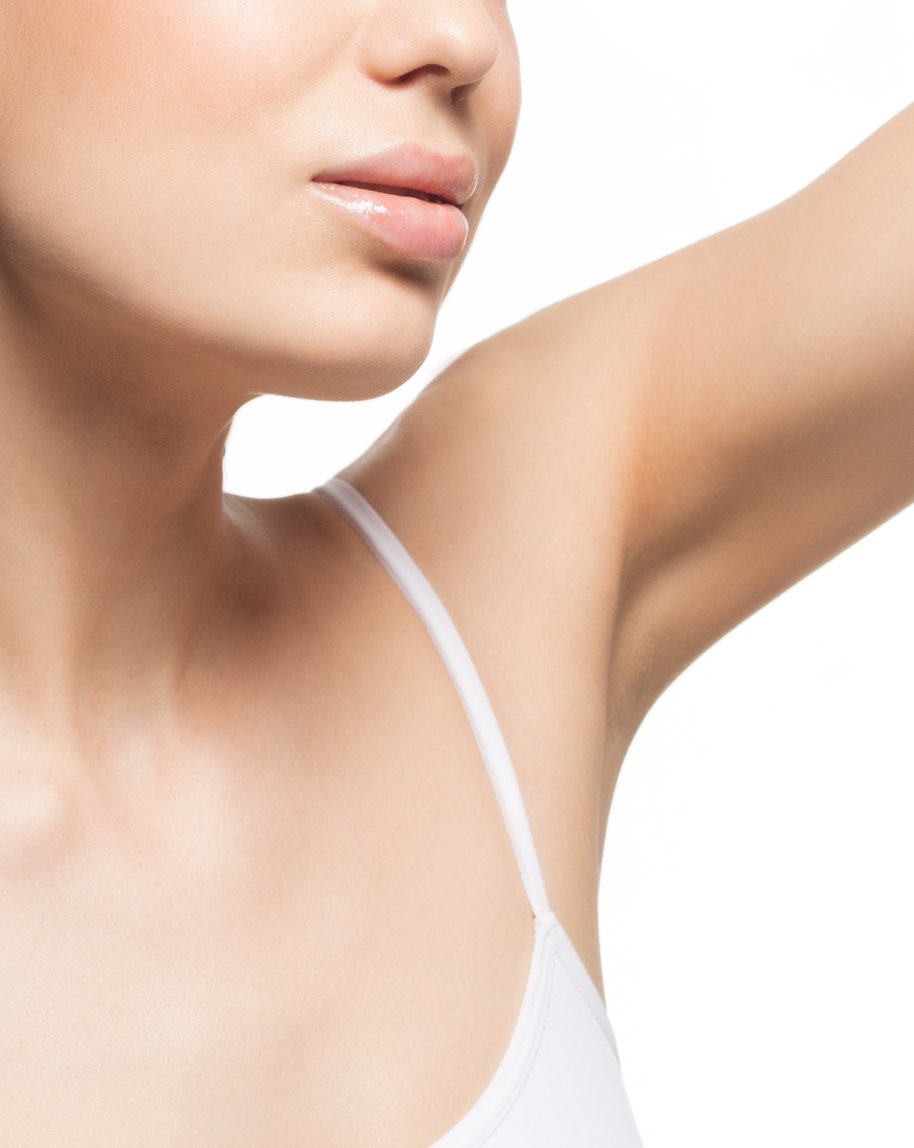
Scientific studies have been inconclusive at best when it comes to linking the aluminum compound in these products that keep you dry to those diseases. Breast cancer and Alzheimer's are two complicated diseases which are difficult to associate with one singular cause, such as antiperspirant or deodorant use," Paul Pestano, MS, research analyst with the Environmental Working Group, told WebMD. Ditching antiperspirants is up to you, but at this point there is no proof that they are dangerous. Your best bet at preventing breast cancer and Alzheimer's is to lead a healthy and active lifestyle.
The link between antiperspirants and kidney disease is also weak.

According to WebMD, concerns over aluminum and kidney disease started when patients with the ailment were given "a drug called aluminum hydroxide to help control high phosphorus levels in their blood." The weakened kidneys could not get rid of the aluminum fast enough, and the accumulation increased the chances of those people developing dementia. The FDA decided that antiperspirants should have warning labels for patients with kidney disease but this is meant for people with severe damage. This shouldn't be considered a red flag for people with healthy kidneys because your body can't absorb enough aluminum through your skin to pose a threat.
There are plenty of natural deodorant options to try if you are still worried about aluminum, but they won't necessarily stop you from sweating.
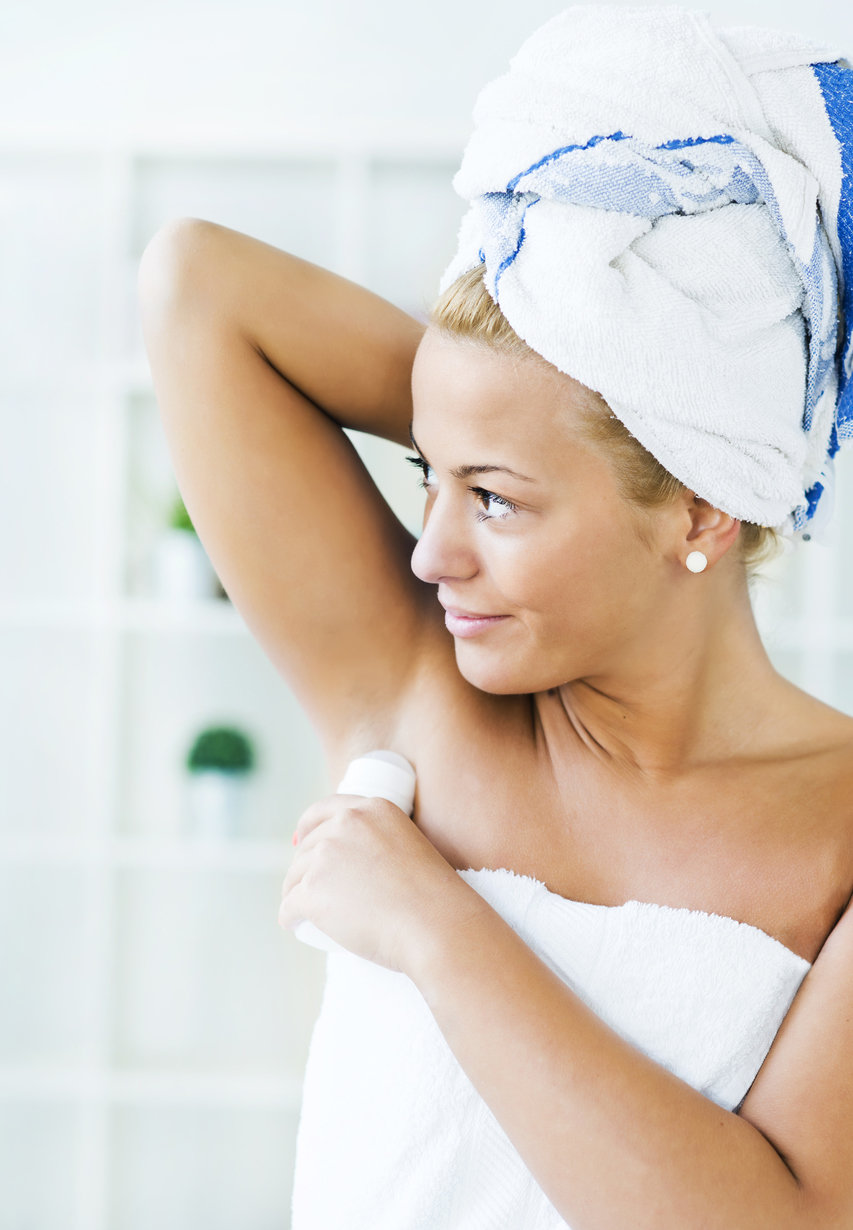
Deodorants can keep you smelling fresh but you need an antiperspirant component to stay dry. If you want to stay away from aluminum, there are natural options that can absorb sweat but it will come down to trial and error to find the product that works for you.
Products with arrowroot powder and baking soda can absorb sweat.
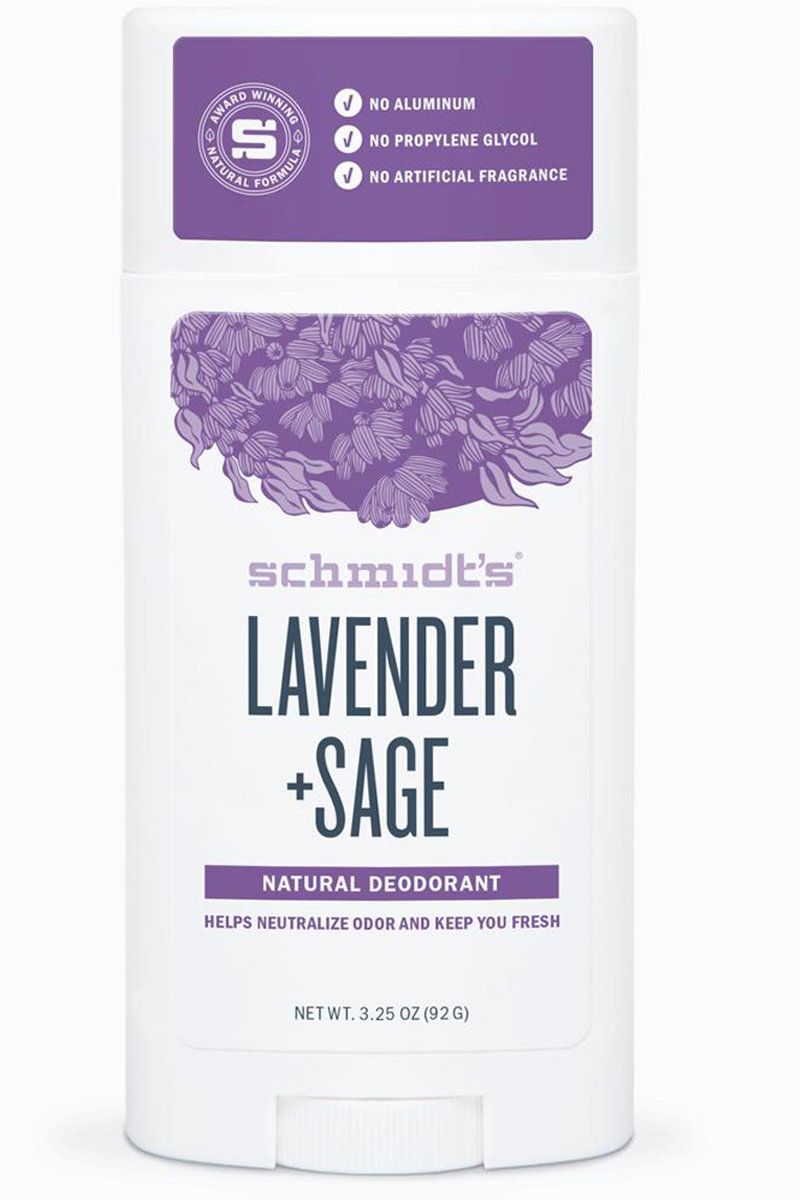
"Baking soda absorbs moisture, so inherently makes you feel dryer," dermatologist Angela Lamb, the director of the Westside Mount Sinai Dermatology Practice, told New York Magazine. Arrowroot can absorb sweat and contains antioxidants. Schmidt's offers a range of options like this Lavender + Sage Natural Deodorant ($5, Target) that contain both ingredients.
There are other alternatives for people who can't handle baking soda on their skin.
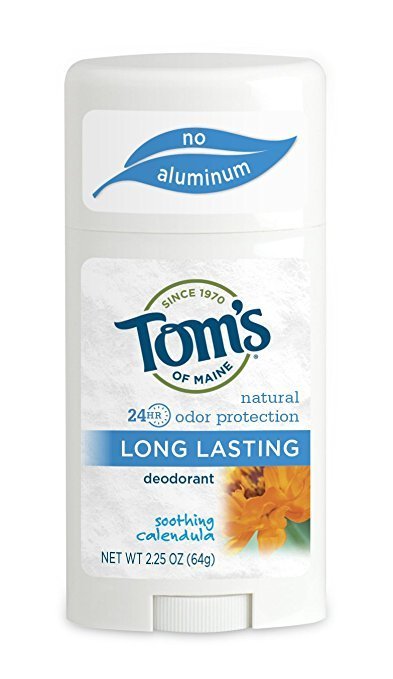
Aloe and vegetable oils are natural ingredients that can help you manage wetness on your underarm. The Tom's of Maine Long-Lasting Deodorant in Soothing Calendula ($4, Amazon) has this combination.
Deodorants/antiperspirants with parabens should be a slight cause for concern.
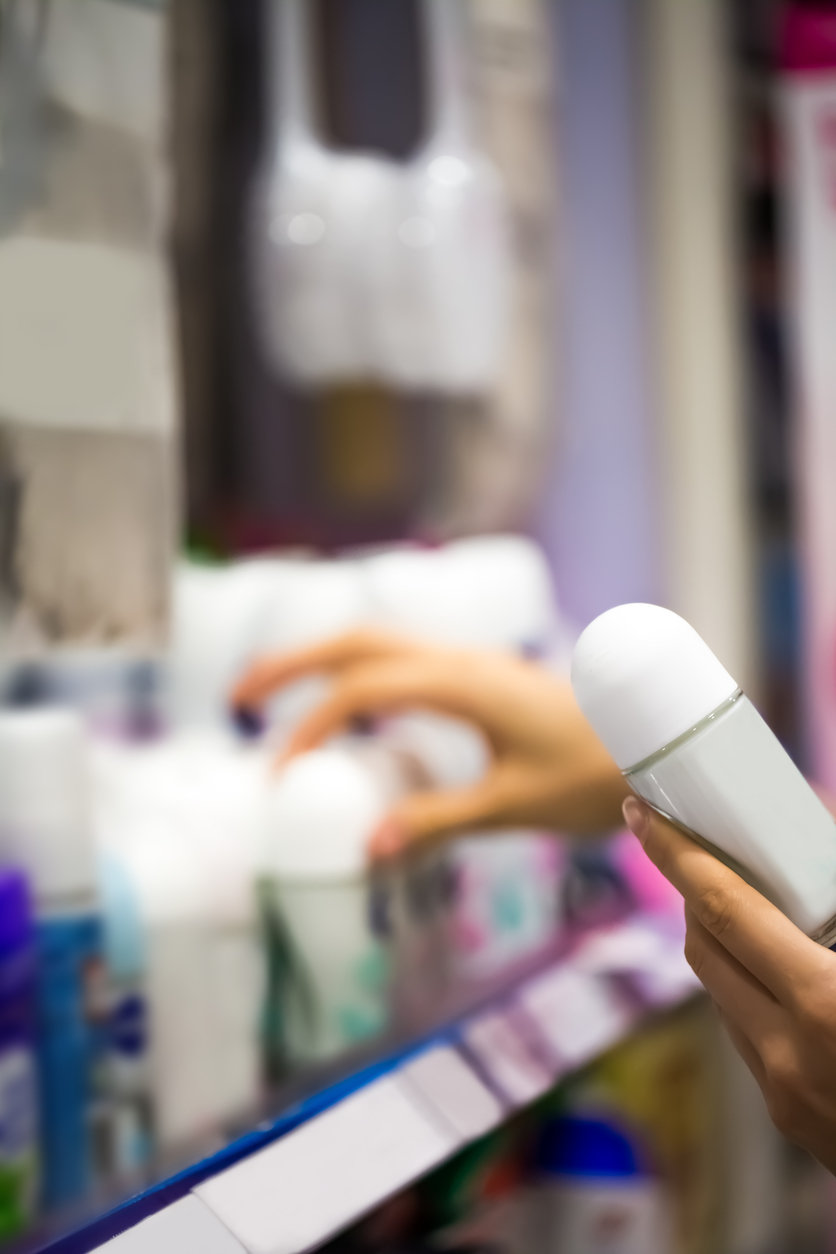
This stems from a 2004 study that found parabens, which are preservatives that were once widely used in cosmetic products, in breast cancer tissue. It is unclear if parabens can cause breast cancer, however a 2015 lab study showed that adding trace amounts of these chemicals can make certain breast cancer cells grow. There is still much research to be done about the relationship between parabens and breast cancer in the human body, but you can err on the side of caution by choosing deodorants/antiperspirants that are paraben-free.
Luckily, most deodorants/antiperspirants on the market today are paraben-free.
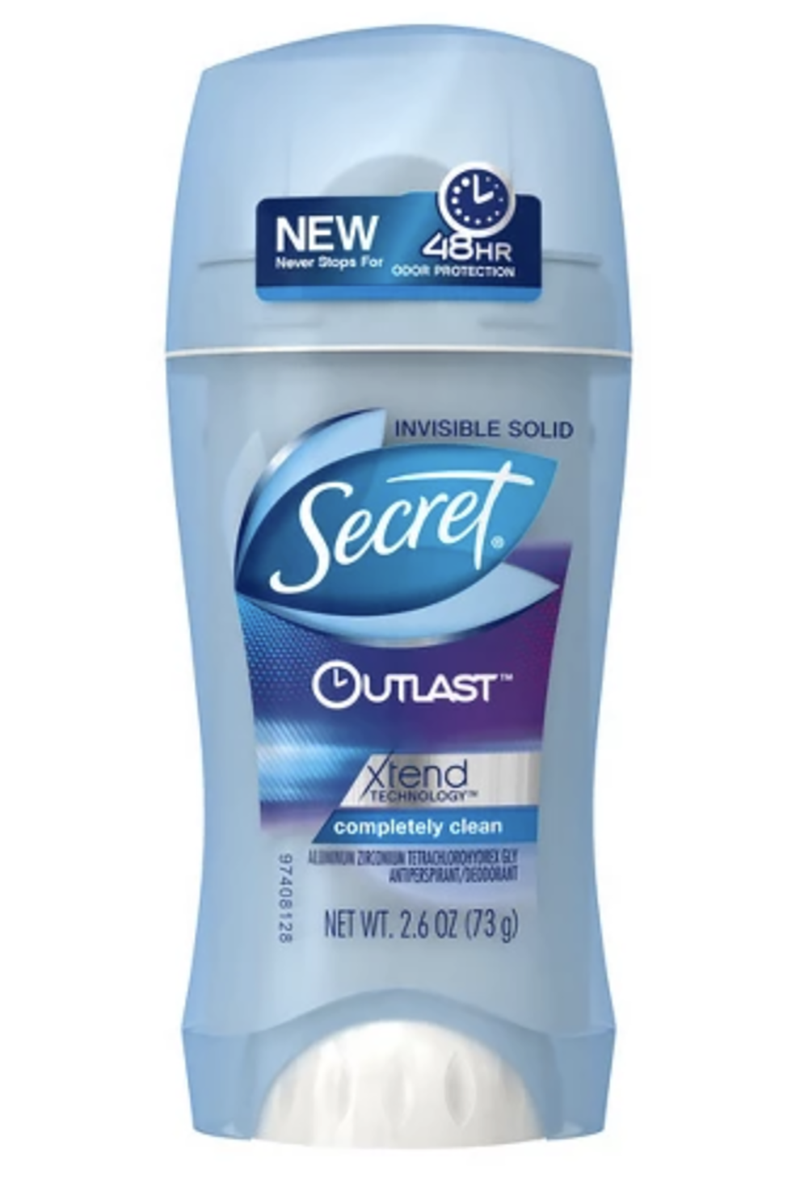
You can easily confirm this by searching for the words "paraben-free" near the ingredient list. The internet makes finding these kinds of deodorants/antiperspirants even easier. Websites like Target.com let you filter specifically for paraben-free options. Brands like Dove, Secret, and Degree have products that fit the bill.
Antiperspirants are often blamed for armpit discoloration.
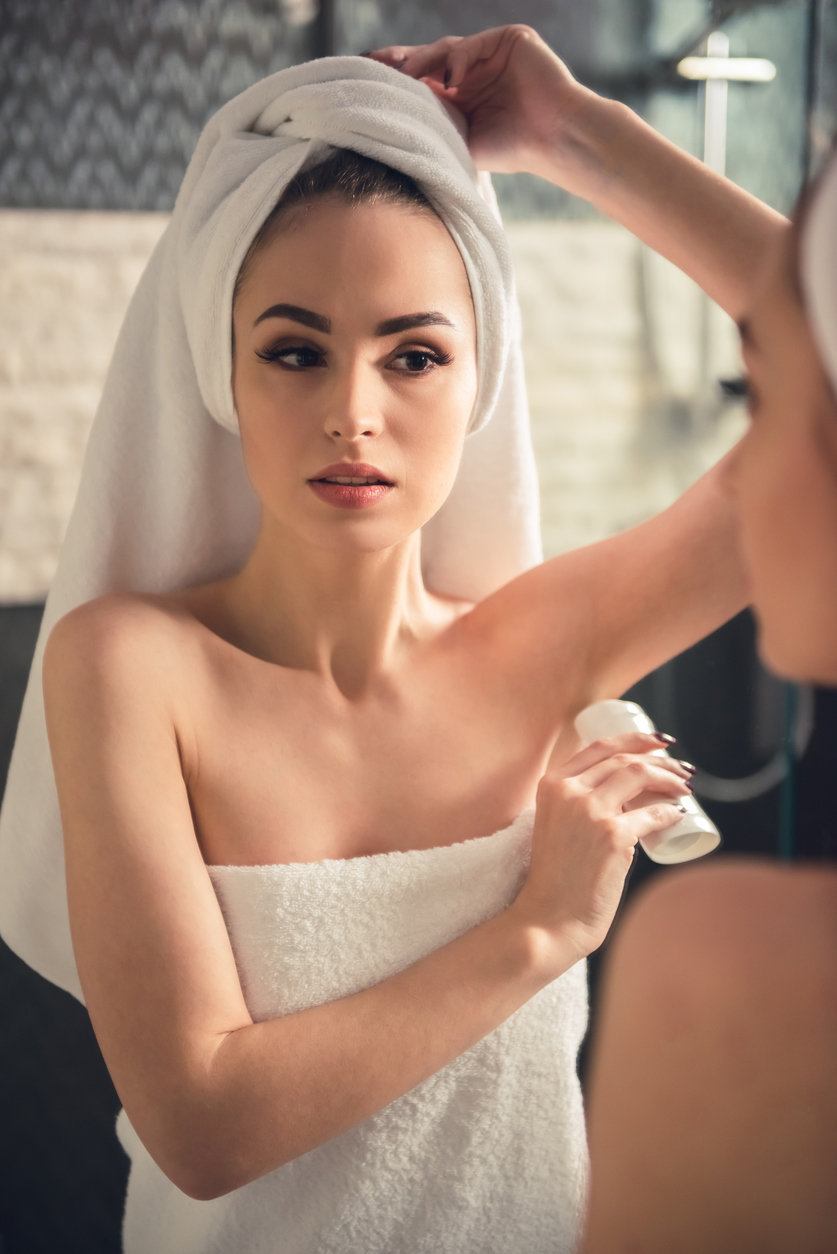
However, shaving and the amount of friction that occurs in that area are all contributing factors to discoloration on your underarms. "Whenever there's any repetitive friction on the skin, the skin responds by becoming a little bit thicker, and thicker skin is often a little bit darker, or hyperpigmented," Carlos Charles, M.D., founder of Derma di Colore, told SELF.
Reduce your chances of getting hyperpigmentation with an antiperspirant that can treat skin irritation.
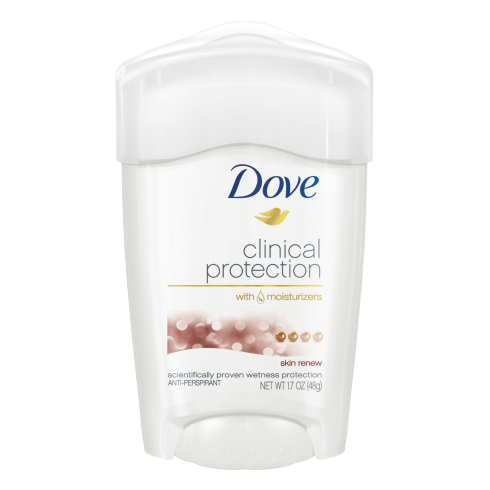
Dove's Clinical Protection Antiperspirant, Skin Renew ($8, Target) contains calendula and sunflower seed extracts, which help your skin heal. It also contains moisturizers for added comfort and care of the often neglected underarm area.
Deodorants/antiperspirants made specifically for men or women are nothing but a marketing tactic.

Many contain the same percentage of active ingredients. The main differences are packaging and fragrances. Feel free to shop around in both sections for your best fit.
Applying antiperspirants at bedtime make them more effective.

"Antiperspirants work best at night when the skin is dry," New York dermatologist Debra Jaliman, MD, told New Beauty. "The aluminum-based ingredient can easily get to the sweat gland, to effectively plug the pore. It then can reduce sweating for up to 24 hours."
Deodorant should be applied on dry skin.

Make sure you dry your underarms completely when you get out of the shower. "When your underarms are wet, the deodorant is not able to penetrate the skin," skin care expert Xiomi Frans-Cuber told New Beauty. "The moisture and sweat on your underarms can completely wash away your formula."
Your underarms can stop responding to your antiperspirant.

It is a mystery why our underarms can stop responding to antiperspirant. The reasons can be anything from our bodies adapting and finding other ways to produce sweat to hormonal changes. Keep your underarms on its toes by switching up the antiperspirant you use every few months. See a dermatogolist for a prescription-strength formula if trying new deodorants doesn't help.
Botox is an alternative solution for extreme cases.
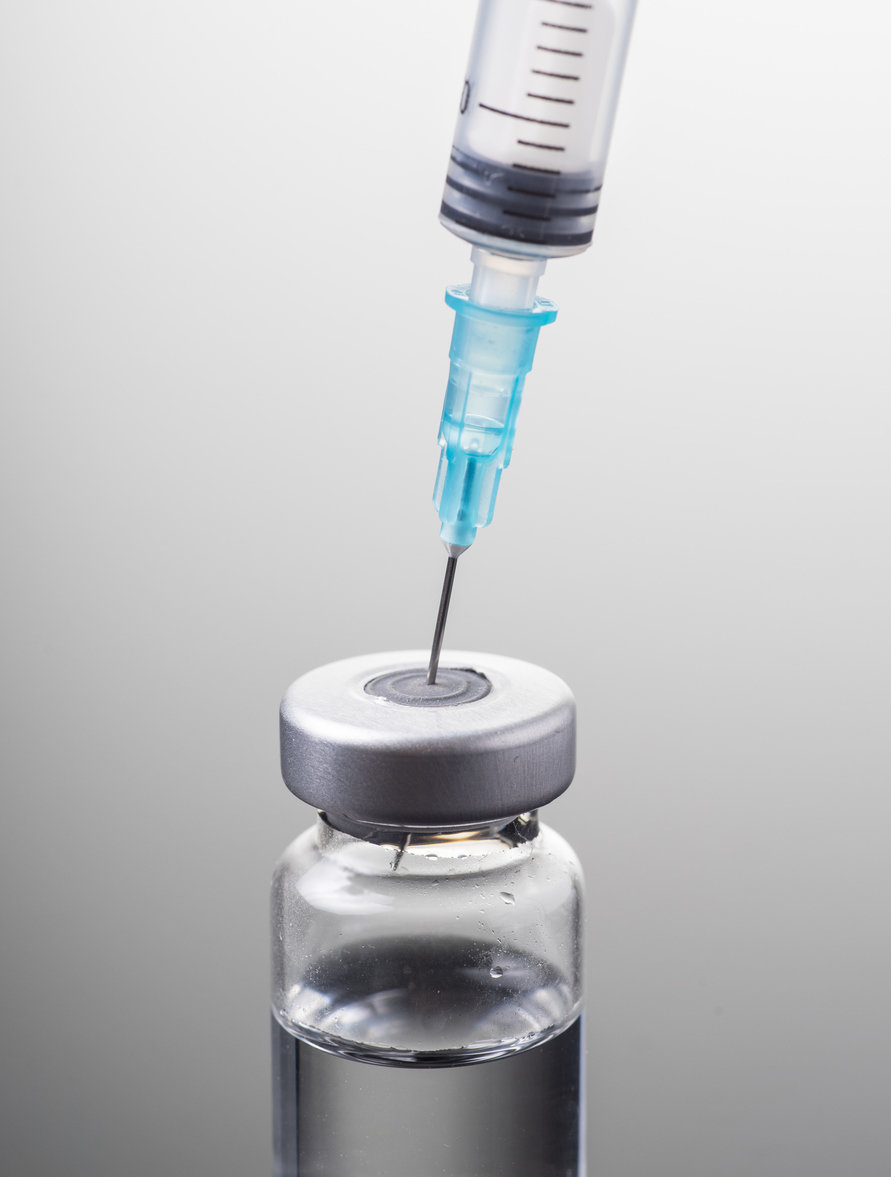
If all else fails in the antiperspirant department, you can have Botox injected into your underarms to stop them from sweating. "Botox can be injected into the sweat glands, which block chemical signals from key nerve endings to effectively deactivate the glands and reduce excessive sweating," Newton, MA, plastic surgeon Joseph A. Russo, MD, told New Beauty. "It is most commonly used to control perspiration in the underarms." Consult a doctor to see if this is the right solution for you.
You may not need to wear deodorant at all!
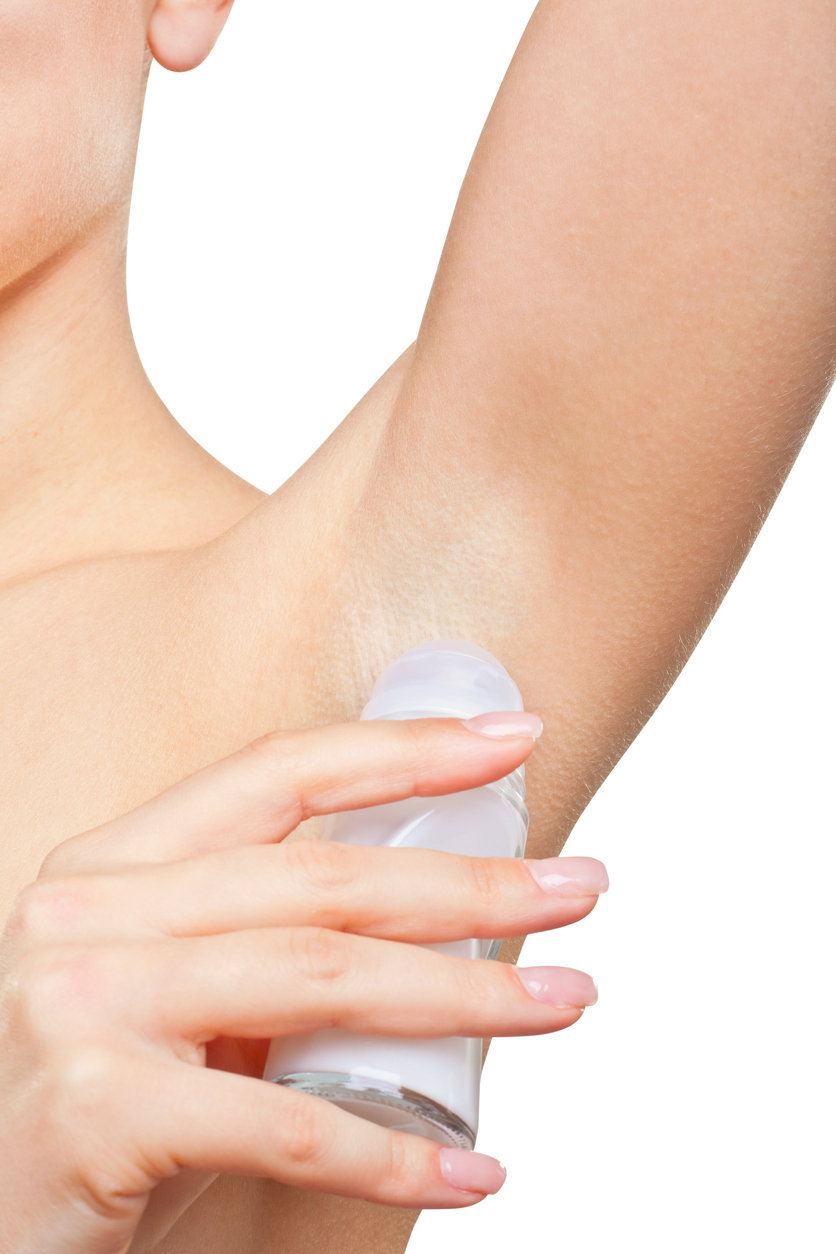
A study found that a luck 2% of people have a specific gene that leads them to produce less of the bacteria that causes your armpits to get smelly. You may be one of them and not know it! But before you get too excited, the majority of people found not produce this body odor were East Asian.



